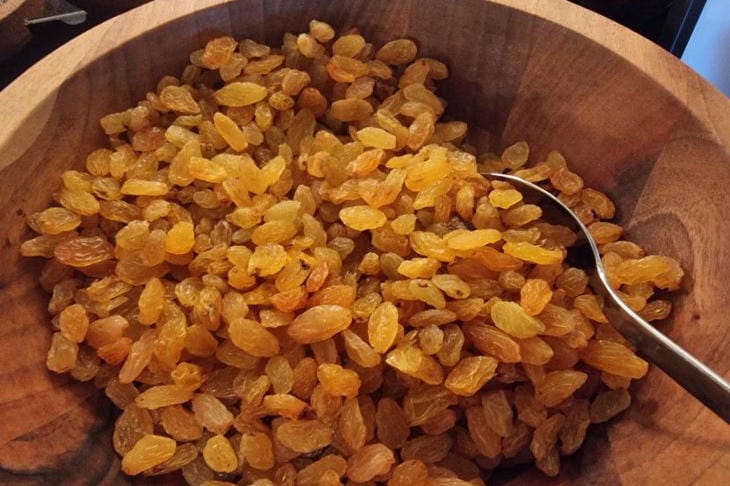How to choose raisins and prunes correctly: identifying a quality product
Eating such products saturates the body with essential vitamins and microelements.
They can be consumed at any time of the year. They are especially popular in winter, when fresh fruit is almost impossible to get.
But the question arises: do they contain any useful substances? Yes, but only those that have not been treated with chemicals. How can you determine a quality product?
Raisin
It is better to give preference to dark-colored varieties. Light raisins are not at all useful. They do not exist in nature as such.
Even light-colored grapes darken when dried. To preserve the light color, manufacturers add color fixatives, which is chemistry.

When buying raisins, it is advisable to cut the berry in half to make sure there are no pest larvae inside.
If you still doubt the quality of the product, pour warm milk over the raisins, hold for 10-15 minutes, rinse with water and dry. Milk will remove harmful chemicals from the product.
Prunes
Here preference should be given to black prunes with a slight shine, fleshy and elastic in consistency.
Brown color indicates that the processing process has been violated. Try to avoid prunes with a strong smell, as in this case the product has been exposed to liquid smoke, which forms carcinogenic substances.
Avoid "shiny" prunes. This indicates that they contain fatty substances.
As with raisins, you can process prunes at home if you still encounter one of the signs of a poor-quality product.
To do this, soak the prunes in hot water for about five minutes, then rinse thoroughly with running water.
